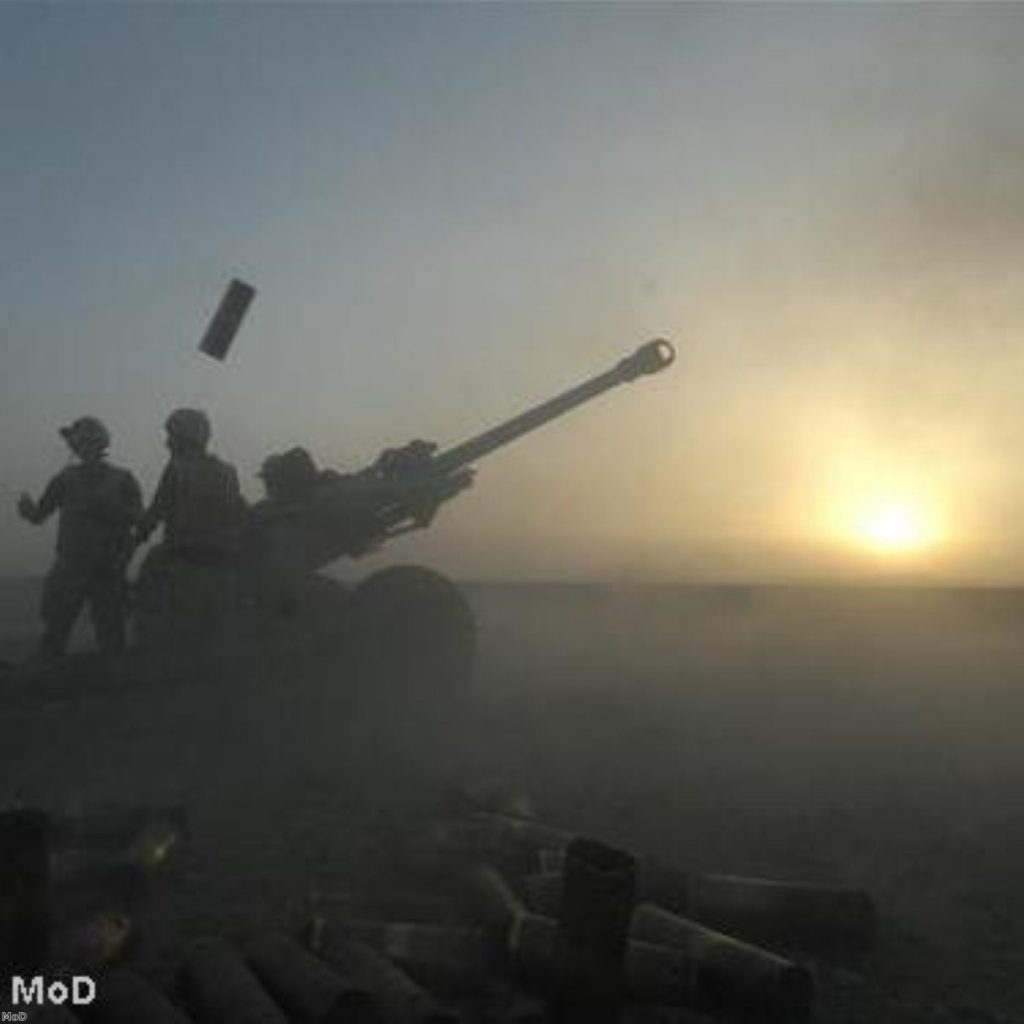Abandoning Afghanistan?
By Alex Stevenson
For the first time ever, a mainstream British political party has called for withdrawl from Afghanistan.
Welsh nationalists Plaid Cymru are tabling an early day motion demanding the government commits to a timetable for exiting Afghanistan today.
With the exception of George Galloway’s Respect they become the first party to break the parliamentary consensus on British involvement in the conflict-ridden state.
Plaid’s Adam Price has argued this consensus does not reflect public opinion. Recent opinion polls carried out by the BBC and the Guardian found 56 per cent and 59 per cent of respondents wanted British troops out of Afghanistan by Christmas.
A straw poll for politics.co.uk currently stands at 55 per cent support for the war.
To take part in the poll click here.
“In November 2001 just 15 MPs voted in opposition to the invasion of Afghanistan. Almost a decade later and troops are still in Afghanistan fighting the same war,” he said.
“As with Iraq, the views of the majority are hardly represented in parliament.”
The EDM proposed by Mr Price points out the Afghan deployment is the longest by British forces since the 19th century and that casualties now exceed the number sustained in Iraq.
It states: “Only the Afghan people will liberate Afghanistan from the scourges of corruption, lawlessness and religious extremism over the longer term, and calls on the government to publish and commit to a fixed timetable for withdrawal of combat forces from Afghanistan.”
Last weekend the incoming head of the Army suggested British forces could remain in Afghanistan for up to 40 years. Mr Price dismissed this as “grotesque and obscene”, but four decades is close to the British Army’s deployment in Northern Ireland.
Today is the 40th anniversary of the British Army’s first entry into the province, prompting comparisons with the Afghan mission.
Ten MPs, including left-wing Labour backbenchers Jeremy Corbyn, Kelvin Hopkins and John McDonnell, have already given their support to Plaid’s campaign to prevent the British military suffering a similar fate.
The government remains committed to a lengthy campaign in Afghanistan as the country prepares for its presidential and local elections on August 20th.
Ministers hope to improve Afghan security forces by the next presidential poll, by which time it is hoped British forces will no longer be engaged in direct combat roles.
Plaid’s motion will be far from sufficient to force a change of policy. Labour, the Conservatives and the Liberal Democrats all support Britain’s involvement in Afghanistan.
But mounting casualties in Helmand province and fatigued public opinion could result in this being the first step towards an eventual forced exit.
In the latest edition of Survival, the journal of the International Institute of Strategic Studies thinktank, academic Hew Strachan argued Britain’s forces must achieve victory in Afghanistan before exiting.
“Britain has to deliver on its aims if military force is to retain its usefulness in the eyes of the government – it is already in danger of losing that endorsement from the public. Without this, the armed forces are out of a job,” he wrote.
Mr Price has a record of “audacious” parliamentary moves. In 2005 he tabled a motion calling for the impeachment of prime minister Tony Blair over the 2003 invasion of Iraq.





-01.png)